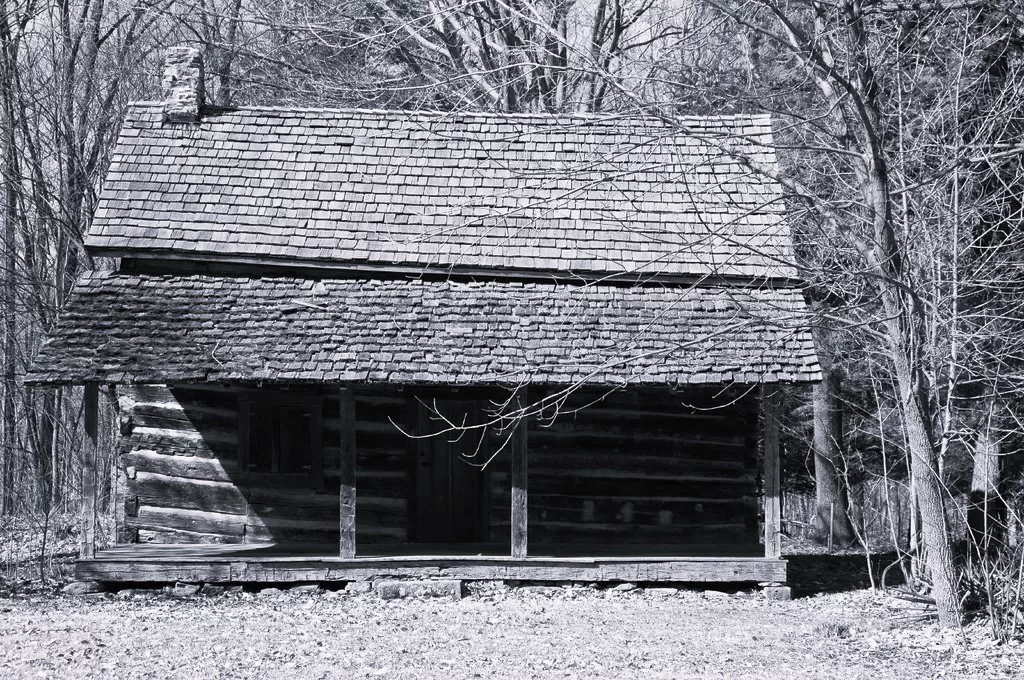Old Man lived at the peak of Ghosten Mountain, not two miles from my boyhood home. Covered in pine and birch, the top of the mountain camouflaged Old Man (I never heard him called anything but Old Man, so me and my friends of course never called him anything else). If in fact he was there. Speculation passed around that he wasn’t really there, only remnants from a previous time, holding secrets scattered around the top of that mountain. Maybe...

